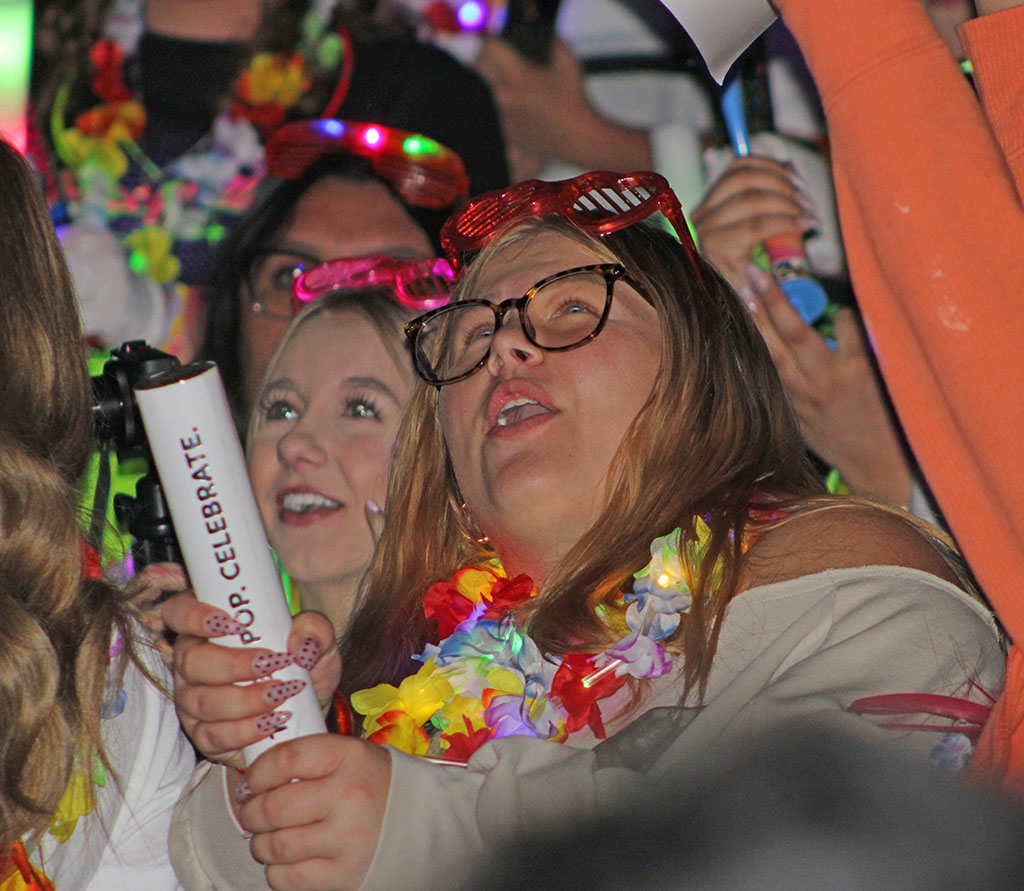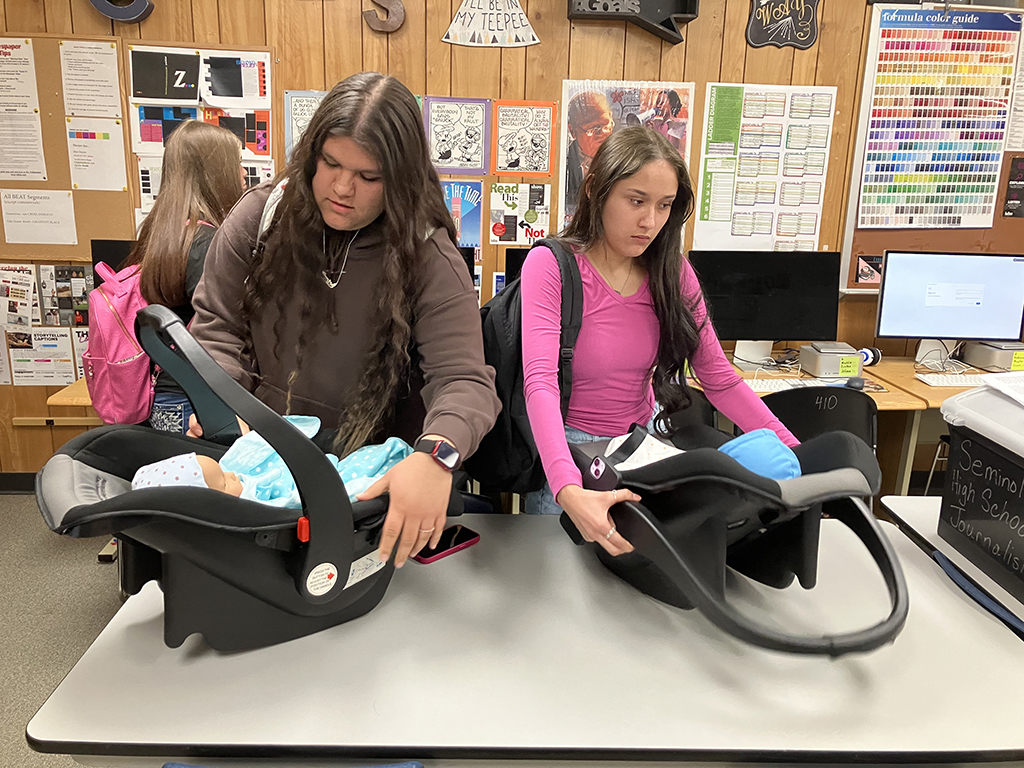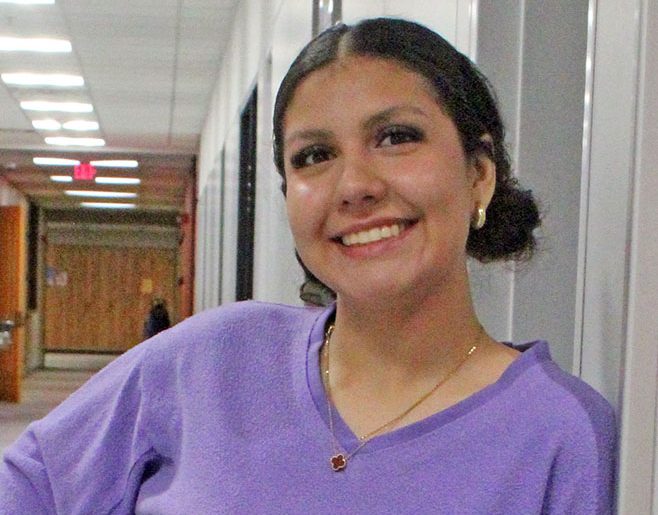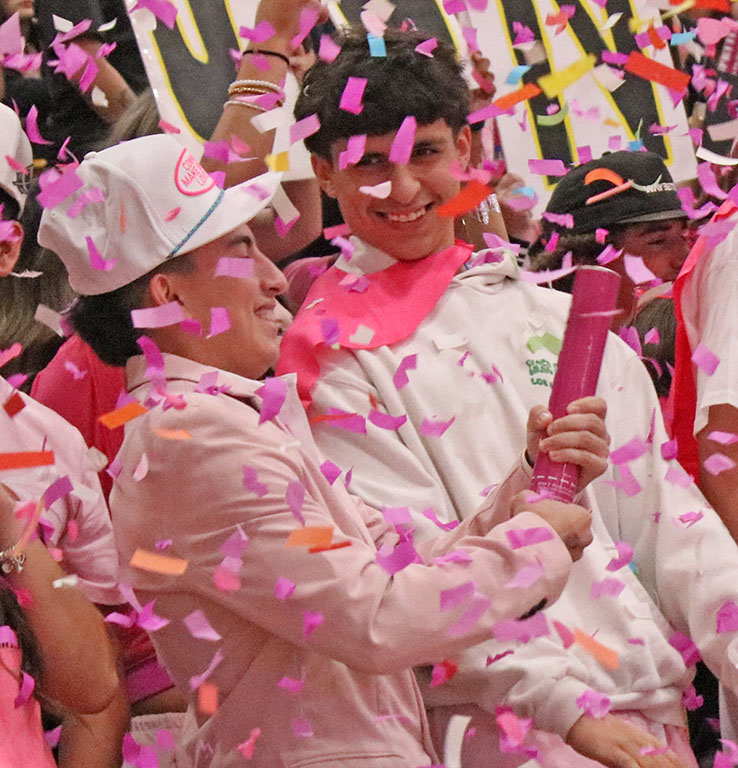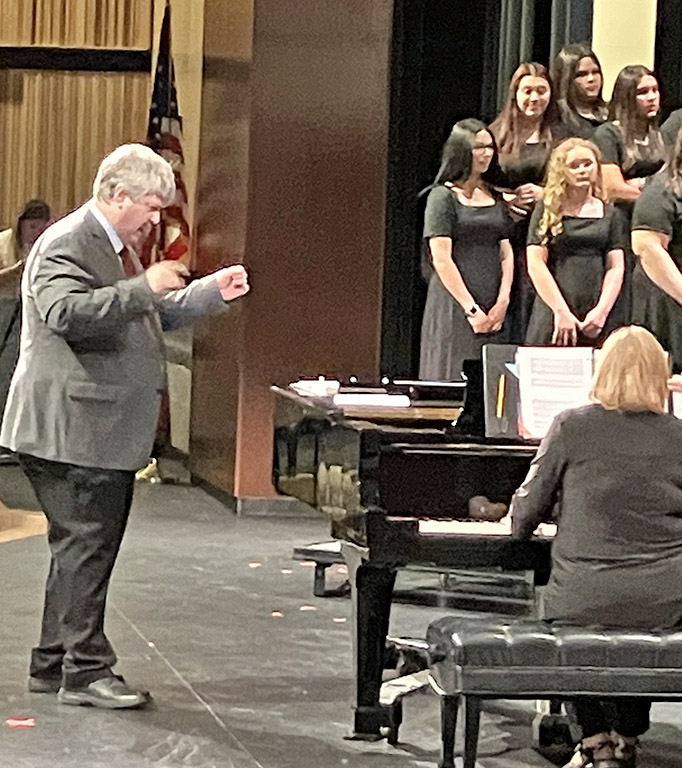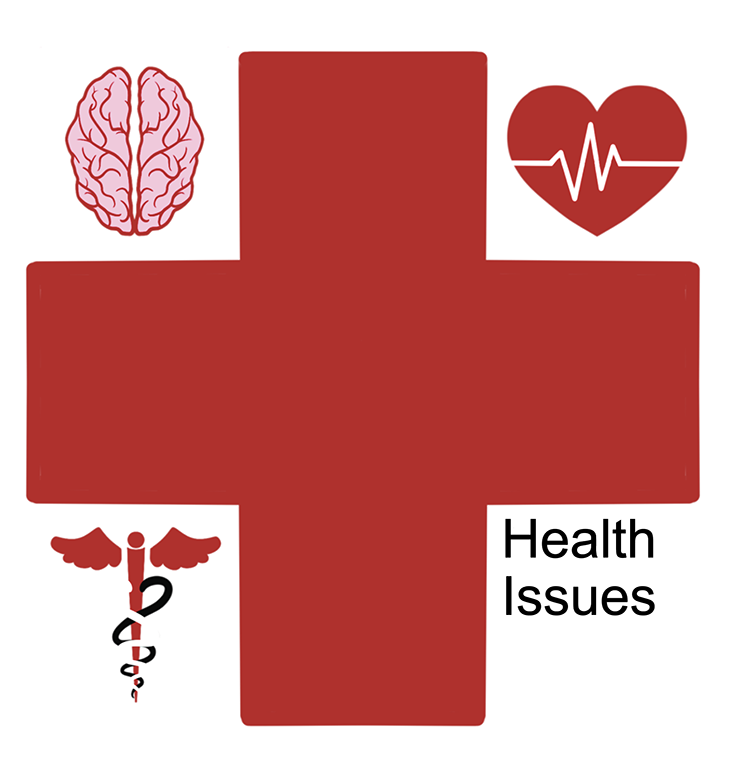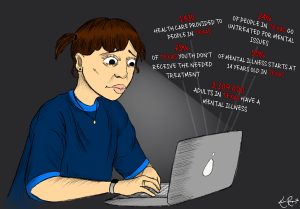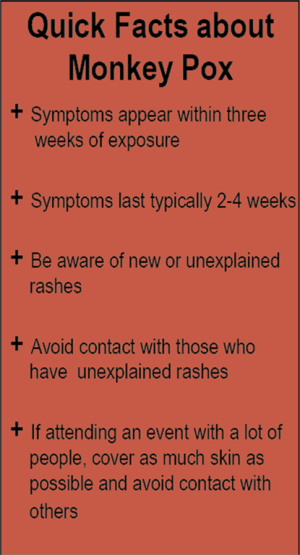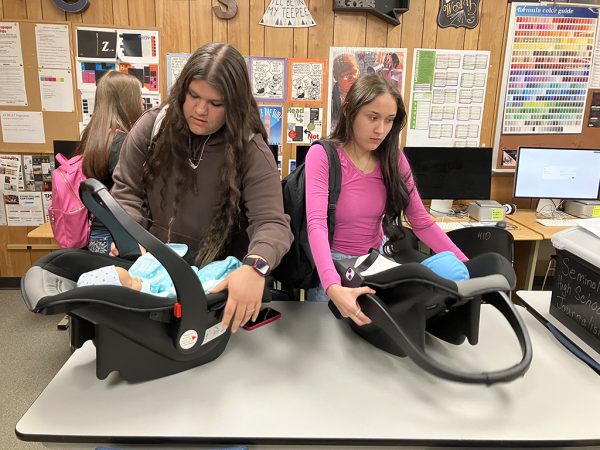Student stress grows as outside influences threaten anxiety levels
When Uvalde suffered a school shooting last May only six hours away from Seminole, it was understandable that students would have mixed feelings about returning to school.
“I was pretty nervous to go back to school after the Uvalde shootings,” freshman Monica Morin said. “I was a little more cautious about it. Uvalde is only a couple hours away, but you never know if it could happen over here.”
This shooting raised the question “What can be done to stop future attacks?” One way would be to address the mental health issues in Texas. Among the 50 states, Texas ranks
low for mental health care. In Texas, there is one mental health professional for every 800,000 people.
“It makes me really upset that we don’t have enough health physicians,” senior Cristian Torres said. “People tend to not look at mental health or other medical issues the same way they used to.”
Gaines County health services websites offer only one certified professional who did not respond when attempts were made to contact them for comment.
“I feel like that is a lot of pressure and responsibility for so few mental health care professionals,” Morin said. “It is very shocking that Texas has so few professionals to help people.”
Students face confusion when looking for mental health help in school. The correct procedure is to contact one of the school’s counselors.
“This year we have just had walk-ins since we are using E-hall passes,” counselor Tasha Garcia said. “Most teachers are really good about letting students come to see us.”
With a shortage of help in town, sophomore Chloe Guenther seeks help closer to home.
“I’m not sure there are any mental health resources in the area,” Guenther said. “I would just go to my mother. I know she is not certified or anything, but that is who I talk to when I am stressed. I guess I could also go to a school counselor.”
According to the Centers for Disease Control, “[m]ental health includes our emotional, psychological, and social well-being. It affects how we think, feel, and act. It also helps determine how we handle stress, relate to others, and make healthy choices. Mental health is important at every stage of life, from childhood and adolescence through adulthood.”
Secretary of Education____ has made information available on the Department of Education’s website to address the growing numbers of mental health problems in school-age children.
“The mental health crisis for children and youth in the United States has reached a critical point. The pandemic has exacerbated already alarming trends in mental health, and, without increasing the number of high-quality, evidence-based mental health services, the increased need for services for children and youth will not be me,” the website stated.
The need for health professionals and health services has caused the U.S. House of representatives to pass a bill to federally fund mental health care in schools. If it passes the Senate, more funding will be made available to help students all over the country.
Until then, students must still find help from parents or counselors.
“I don’t have any mental health concerns,” sophomore Matthew Peters said, “but any time I get stressed, I go to my parents for help.”
If a student ever has a concern over a problem in the school or personal life, counselors are ready to offer help.
“In all of my years of counseling, I do not believe we have ever had a student regret that they came into our office and asked for help,” counselor Stacey Spradlin said. “We have seen some very positive outcomes for students who thought they had lost hope.”






